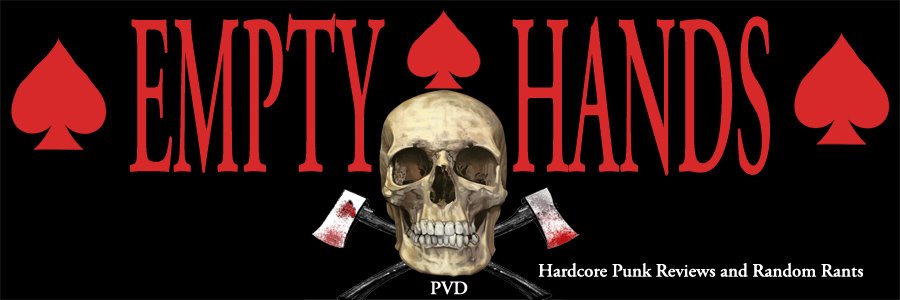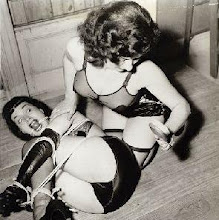“What We Do is Secret”
2007-USA-Color-98min
Dir: Rodger Grossman
I never got into the germs.
I only saw the film once.
So, yeah, to start off, I was never a Germs fan. I tried once or twice, but I never got into them. That being said, I respect their place in punk history. Definitely a doff of the cap to them. That unpredictable, violent, outlandish, antagonistic frontman leading a frantic amalgamation of snot, sneer, strums, drums, noise, spit, sweat, blood and feedback. Up there with Lee Ving, Tesco Vee, Dave Dictor, Gary Floyd, Jerry A and GG Allin. Was it art at its pith? Which is to say, art should be a visceral confrontation that makes you, as a spectator, question, “Should I be doing more? What am I doing for myself, this scene, this community, this world?” Threatening you to follow up your gripes with action…or was he just a self-centered, maniacal, pissed off rudderless brat seeking attention, at any cost? Regardless, in 1975 to 1980, when the parameters were yet to be set, Darby Crash personified the nihilism and chaos the punk needed. And where did this happen – in Los fuckin’ Angeles, the epitome of superficial glamour and rigid adherence to trends. Could a path of rebellion be paved? So, I may not have ended up digging their tunes, but I definitely appreciate that they did it.
The thing that struck me the most in the film was its atmosphere. This was mostly due to the direction and pace. Darby is mostly a sympathetic character. The director shows some moments of vulnerability and rationalizations of childhood sadness that would justify Darby being a punk. It also showed him as being disappointed in The Germs’ reputation (now, legacy) of destruction. The problem with these approaches is that it victimizes Darby Crash. It disconnects all of the punks in the audience (at the clubs in the movie and us, watching the film) from their childhood of chaos and loneliness. It painted him as an artist searching for a soul to which he wants to connect; whether that’s his boyfriend, some adoring chick, or his audience who just want the ‘crazy’ show, and not the ‘real’ Darby.
The film seems to disavow him from any responsibility. Darby wanted to lash out, to create pandemonium, to cultivate the unpredictable. It reveals him as a bratty kid, seeking attention; instead, of the sociopathic child dismembering cats in mom’s basement. Not that he was, but I am using extremes. The film suffocates all elements of danger from his persona. The film shows the members discussing/responding their bans from the L.A. clubs, but doesn’t scratch the reasons as to why – just a dismissive comment here or there. But there was a reason for their reputation.
The film had strengths. I liked the acting. People did well, even Shane West as Darby. Rick Gonzalez as Pat Smear played a caring, soft fun kid trying to get throught the world. I think the aforementioned issues lie more within the director’s notions. I feel Grossman didn’t grasp the chaotic element of Crash, or punk in general. He painted this wounded child with a threat and a messiah complex. Grossman creates a version of Darby that is a button pusher, a provocateur – instead of the malicious dust storm of fury and ambivalence that he was.
The films graces landmarks; Germs being the first ‘punk’ single in L.A., Rodney on the Roq, the famed first show, Slash Records, etc. So, as a biopic, I guess that works. But where is the grander statement? Of why this enigmatic artist was on a path of nihilism and self-destruction. How does that connect to other great artists? And if he was an abusive asshole with no true noble agenda – a crass kid reduced to a base affront of his audience – why would the write4rs not play with that conflict? That could have really drawn the film’s audience into the crux of what was so drawing about this man.
Overall, it was a fine way to spend 90 minutes. I am sure diehard Germs fans will leave feeling empty. They will want more. As a film, it was ok. As a punk film, it was mediocre. I wish it had the gall to encapsulate the punk ethos of individuality and rebellion that Darby could represent.
Tuesday, January 13, 2009
Subscribe to:
Post Comments (Atom)


No comments:
Post a Comment